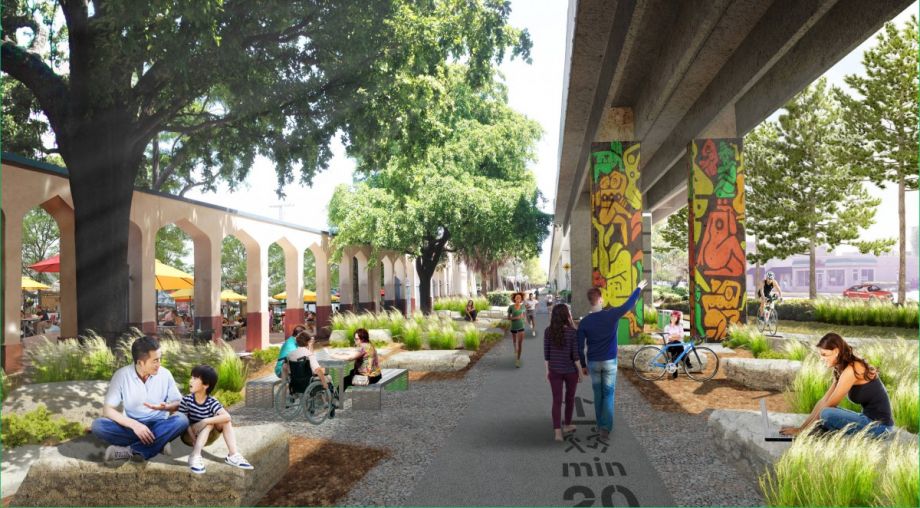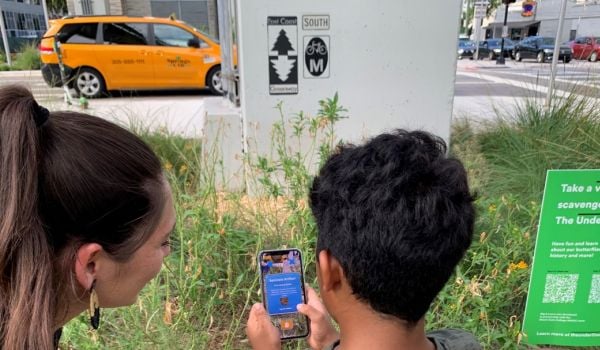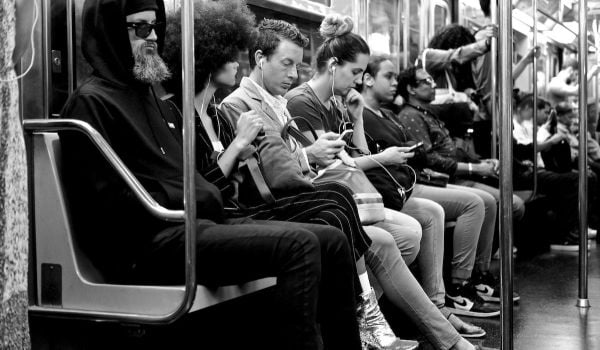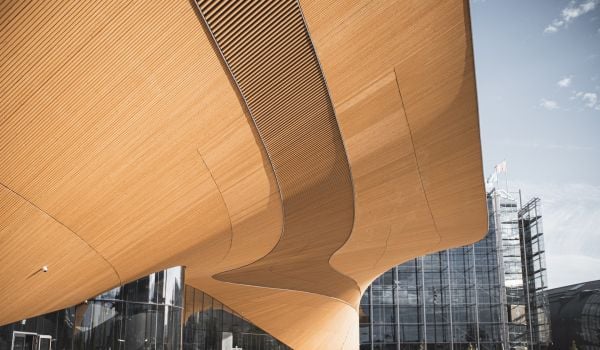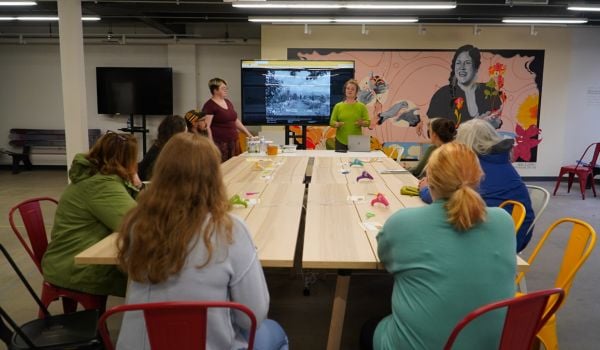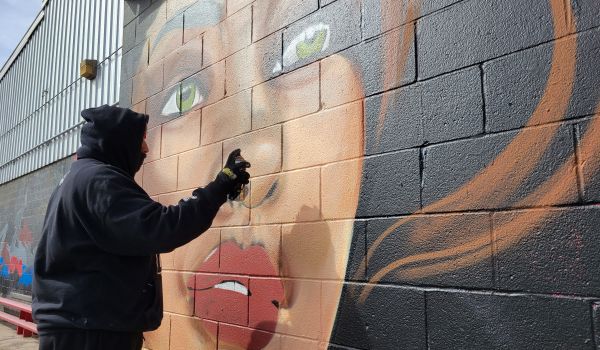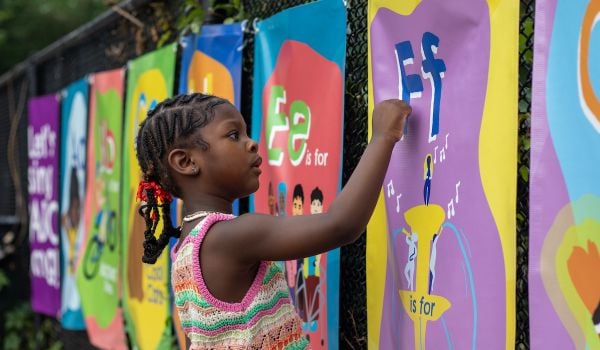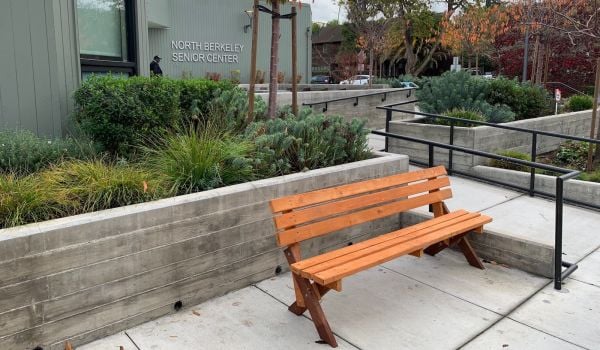Innovators across the U.S. with big ideas for parks, open gov, urban investment and more will get a funding boost from the John S. and James L. Knight Foundation.
The foundation announced the 37 winners of the third annual Knight Cities Challenge today. Narrowed down from 158 finalists, they’ll share the $5 million prize to make their visions a reality. Project sponsors include individuals, universities, and government and nonprofit groups, all looking to improve one of the 26 “Knight communities.”
A few themes popped up in a number of the projects, including job training, revitalizing blight-stricken areas and creating more spaces for citizen engagement, showing that many cities are grappling with similar challenges. The winning ideas range from ambitious in scope — launching a citywide program to turn abandoned buildings into economic opportunity, for example — to more cozy, such as community dinners to spark discussion.
From the press release, here are descriptions of some of the interesting concepts that secured funding.
Akron, Ohio
Downtown Akron Innerbelt Bicycle Park, $120,000 (submitted by Jonathan Morschl): Providing new life for an abandoned section of highway by creating a “bicycle park” that promotes cycling, encourages new riders and attracts cyclists from throughout the region and nation.
Detroit, Michigan
Bike-alogues, $30,000 (submitted by Cornetta Lane): Exploring Detroit’s untold history through monthly bike tours leading participants through different areas of the city and giving residents a chance to tell the story of their neighborhoods.
Dequindre Cut Market, $135,665 (submitted by Detroit Riverfront Conservancy): Creating spaces for entrepreneurs to set up shop along the Dequindre Cut with shipping container pop-up shops that will add to the vibrancy of the neighborhood and attract new interest.
Sensors in a Shoebox, $138,339 (submitted by the University of Michigan): Training youth to use sensors and data analytics that track environmental conditions such as traffic, noise or temperature in city neighborhoods; the project will help students answer questions about their community and build ideas to make it better.
The Underground Order of Tactical Urbanists, $184,080 (submitted by Chad Rochkind): Creating a network of tactical urbanists who collectively select a single urban challenge each year on which to focus quick, low-cost, creative improvements.
Miami, Florida
Biscayne Green, $145,000 (submitted by the Miami Downtown Development Authority): Creating a pop-up park and urban forest along Biscayne Boulevard to drive momentum for “Biscayne Green,” a proposal to redesign Biscayne Boulevard to include a pedestrian promenade.
Miami Civic User Testing Group, $100,000 (submitted by Code for Miami): Ensuring that people building local government technology use real-world feedback throughout the development process by creating a user testing group that will identify user experience issues more quickly, while making websites and apps more accessible.
The Underline: Brickell Backyard, $250,000 (submitted by Friends of the Underline): Creating a sports field and gym as part of The Underline, a proposed 10-mile linear park underneath the Miami-Dade Metrorail, to provide quality of life incentives to talented young adults.
Philadelphia, Pennsylvania
20 Book Clubs, 20 Coop Businesses, $146,000 (submitted by Philadelphia Area Cooperative Alliance): Increasing civic engagement and economic opportunity by launching book clubs in 20 Philadelphia neighborhoods for participants to study cooperative businesses and then form their own.
Breaking Bread, Breaking Barriers, $84,674 (submitted by Reading Terminal Market): Building cultural bridges to Philadelphia’s immigrant communities with cooking classes celebrating ethnic food operated by chefs from Reading Terminal Market.
The Institute of Hip-Hop Entrepreneurship, $308,640 (submitted by Little Giant Creative): Increasing economic opportunity by using hip-hop to provide hands-on business training to members of low-income groups.
Columbus, Georgia
Evolving MidTown, $174,400 (submitted by Lot by Lot by the Incremental Development Alliance): Recruiting and training a diverse group of individuals on skills to become small-scale developers; participants will use distressed or underused lots as beta projects and receive access to investors and other resources.
Urban Glen, $4,000 (submitted by Phillip Trocquet): Creating “urban glens” — inviting spaces with trees, lights and hammocks — on vacant and overgrown lots to encourage people to meet and connect, while cleaning up city-owned properties.
Ft. Wayne, Indiana
Tired-a-lot, $95,434 (submitted by Bridge of Grace Compassionate Ministries): Creating a design studio that will engage local youth to identify and create solutions to transform vacant lots in their neighborhood with low-cost materials.
Gary, Indiana
Steel City Salvage, $385,000 (submitted by Delta Institute): Establishing a reuse facility that would reclaim building materials, such as lumber, from vacant homes in Gary to contribute to economic growth, create jobs and support businesses, and provide opportunities for community collaboration on development projects.
Long Beach, California
Placemake the Vote, $153,600 (submitted by City Fabrick): Developing a kit for creating temporary pop-up social spaces at voting polls in historically low voter turnout areas to encourage people to vote and provide venues to celebrate democracy afterwards.
The Outdoor Office, $300,000 (submitted by the city of Long Beach): Transforming a portion of a public park into a space that encourages creativity, collaboration and productivity, and encourages residents to take work to the park.
See the full list of winners here, and some of last year’s 32 winning ideas here.
Kelsey E. Thomas is a writer and editor based in the most upper-left corner of the country. She writes about urban policy, equitable development and the outdoors (but also about nearly everything else) with a focus on solutions-oriented journalism. She is a former associate editor and current contributing editor at Next City.

